Google has finally got it, and this time it's going to kill the malicious ads in your browser.
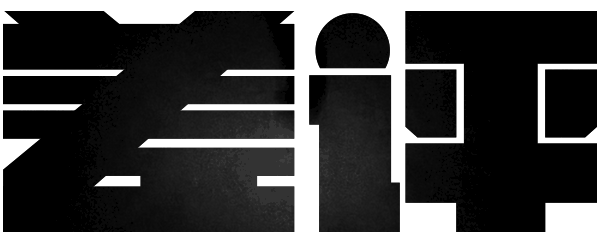
 When it comes to Chrome, you should be no strangers, and there should be some bad friends who are using Chrome on a daily basis, and its market share has reached a frightening 70.71 percent due to Chrome's very memory-eating (crossed out) performance.
When it comes to Chrome, you should be no strangers, and there should be some bad friends who are using Chrome on a daily basis, and its market share has reached a frightening 70.71 percent due to Chrome's very memory-eating (crossed out) performance.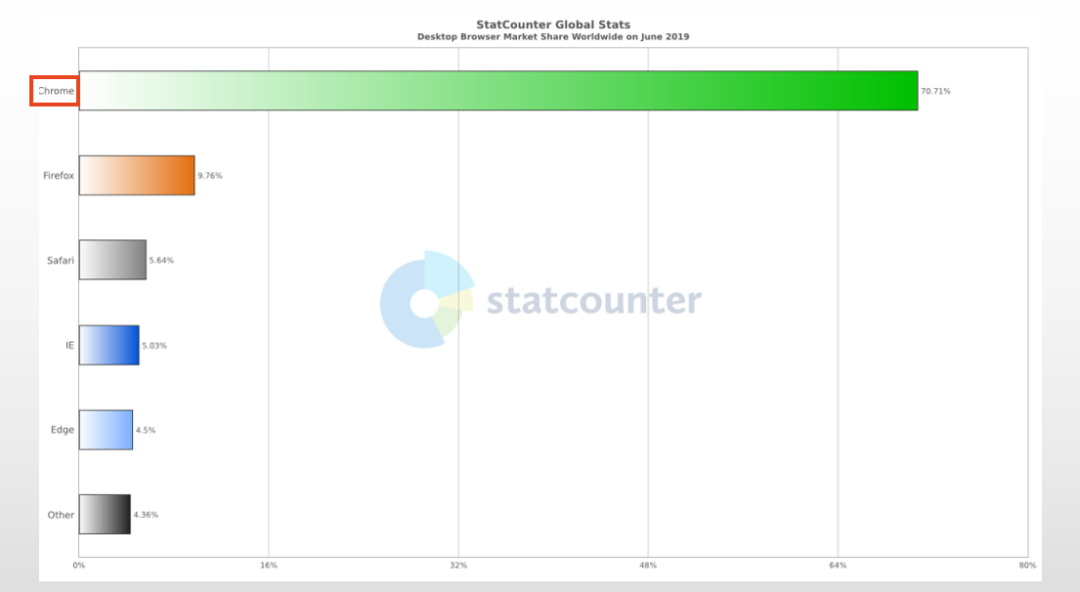

 Chrome also incarnates the ruthless director of teaching, checking every half minute or every minute, and if an ad usage exceeds 4 megabits during that time, or takes up more than 15 seconds of CPU usage, it will also be wiped out.
Chrome also incarnates the ruthless director of teaching, checking every half minute or every minute, and if an ad usage exceeds 4 megabits during that time, or takes up more than 15 seconds of CPU usage, it will also be wiped out.

 The earliest mining scripts would enter the user's computer by installing Chrome plug-ins, and the road began to fail as Google's pursuit of mining plug-ins began to fall.
The earliest mining scripts would enter the user's computer by installing Chrome plug-ins, and the road began to fail as Google's pursuit of mining plug-ins began to fall.
 This 0.3% of ads account for 27% of all ads' online data usage and 28% of CPU usage.The vast majority of these ads are mining ads.
This 0.3% of ads account for 27% of all ads' online data usage and 28% of CPU usage.The vast majority of these ads are mining ads.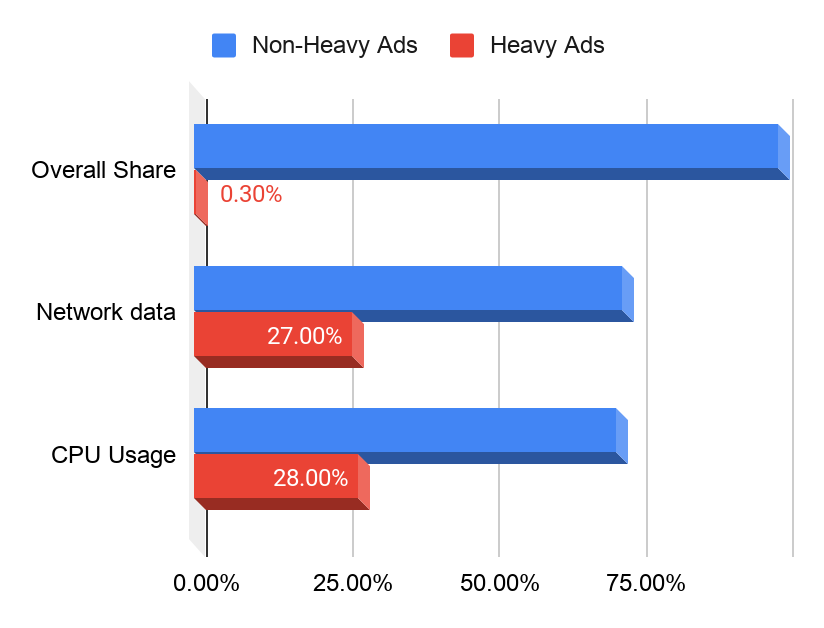

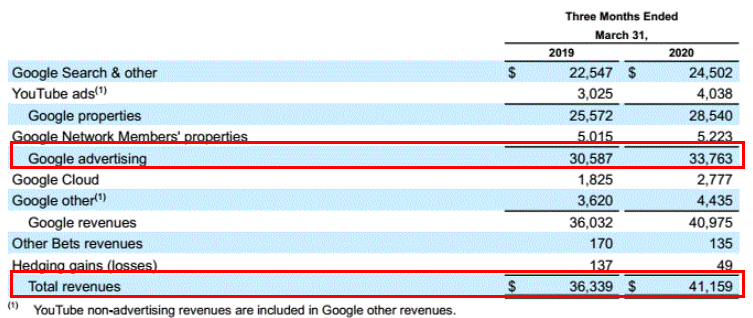
 Comparing baidu with "rival" revenue, Baidu's first-quarter revenue was 22.5 billion yuan, its advertising business was 15.3 billion yuan, ignoring the numerical gap, and Baidu's share was only 68%.
Comparing baidu with "rival" revenue, Baidu's first-quarter revenue was 22.5 billion yuan, its advertising business was 15.3 billion yuan, ignoring the numerical gap, and Baidu's share was only 68%.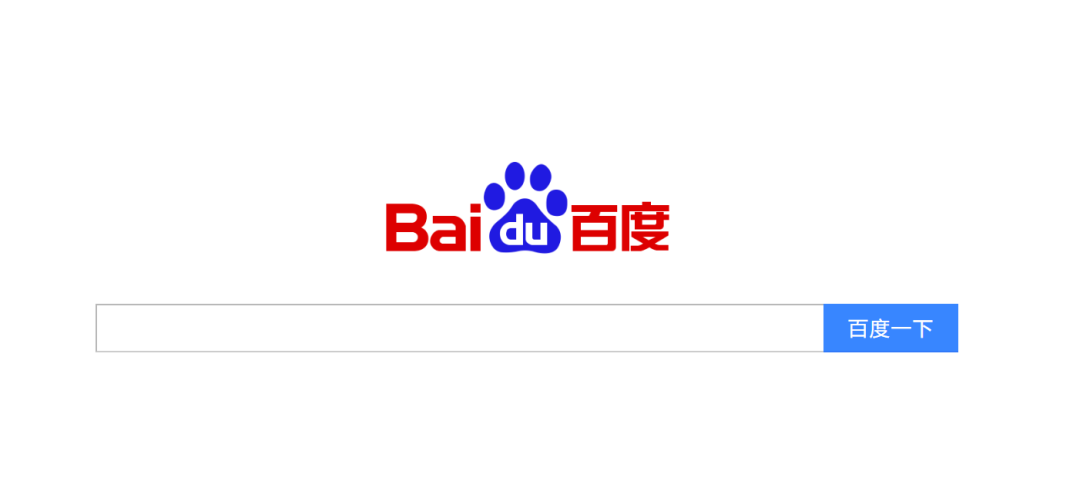
 Now, however, a bunch of malicious ads are popping up to pull a in the environment on which Google lives.
Now, however, a bunch of malicious ads are popping up to pull a in the environment on which Google lives.
 Of course, the bad reviewer also hopes that Chrome's fight against advertising will succeed, after all, the mining software that can crack down on these improper benefits is also good for the public.
Of course, the bad reviewer also hopes that Chrome's fight against advertising will succeed, after all, the mining software that can crack down on these improper benefits is also good for the public.

The article was posted in.Modify.
Go to "Discovery" - "Take a Look" to browse "Friends are watching"